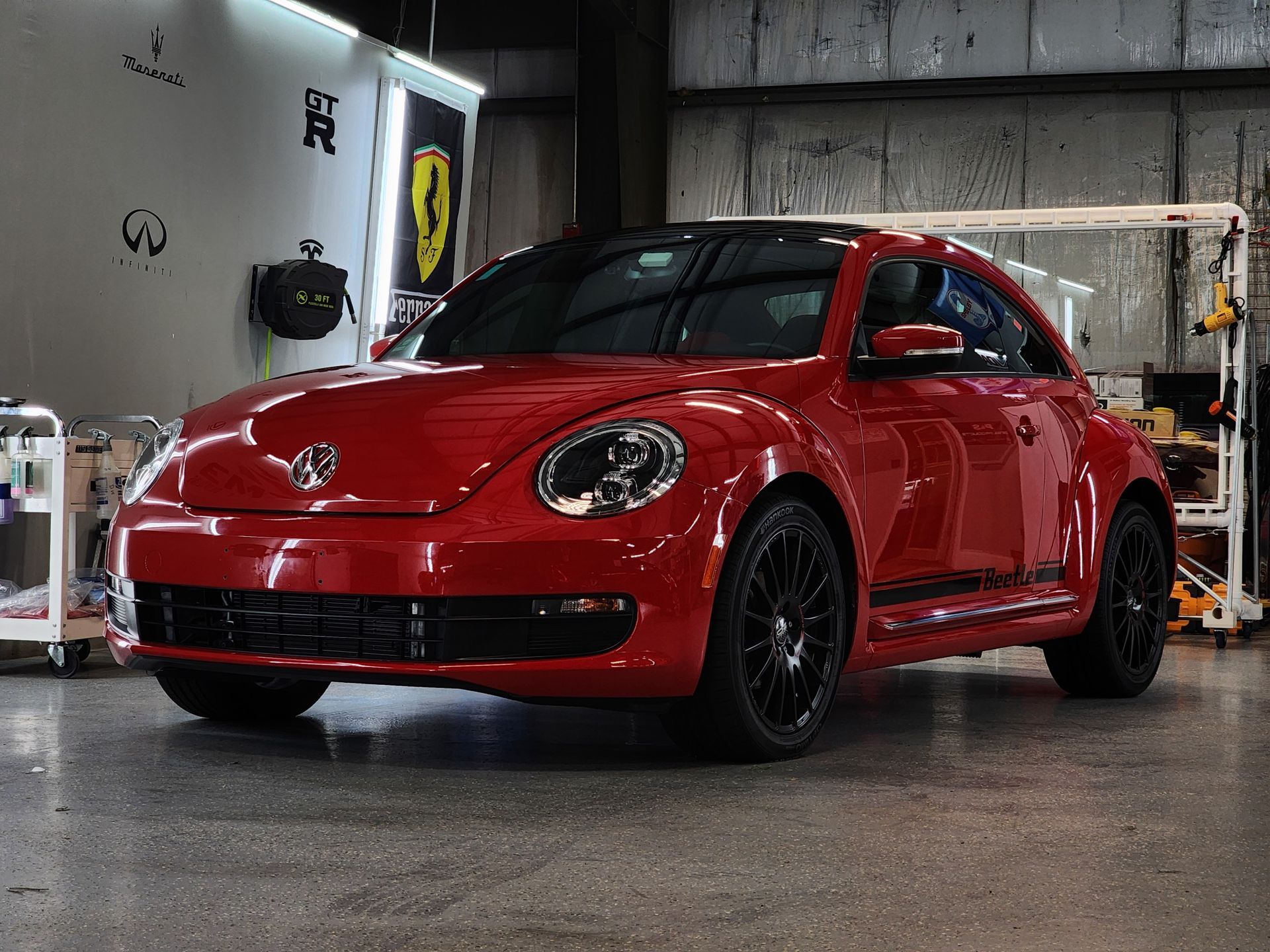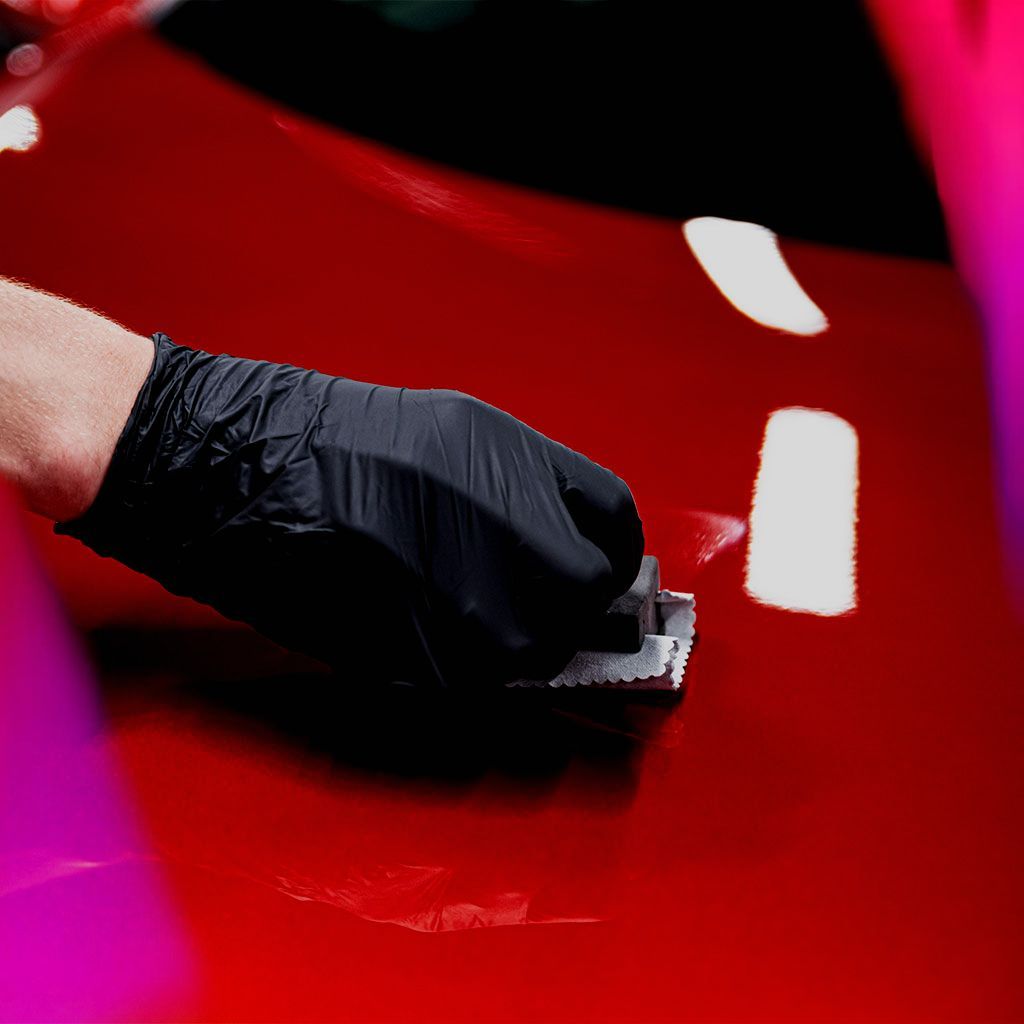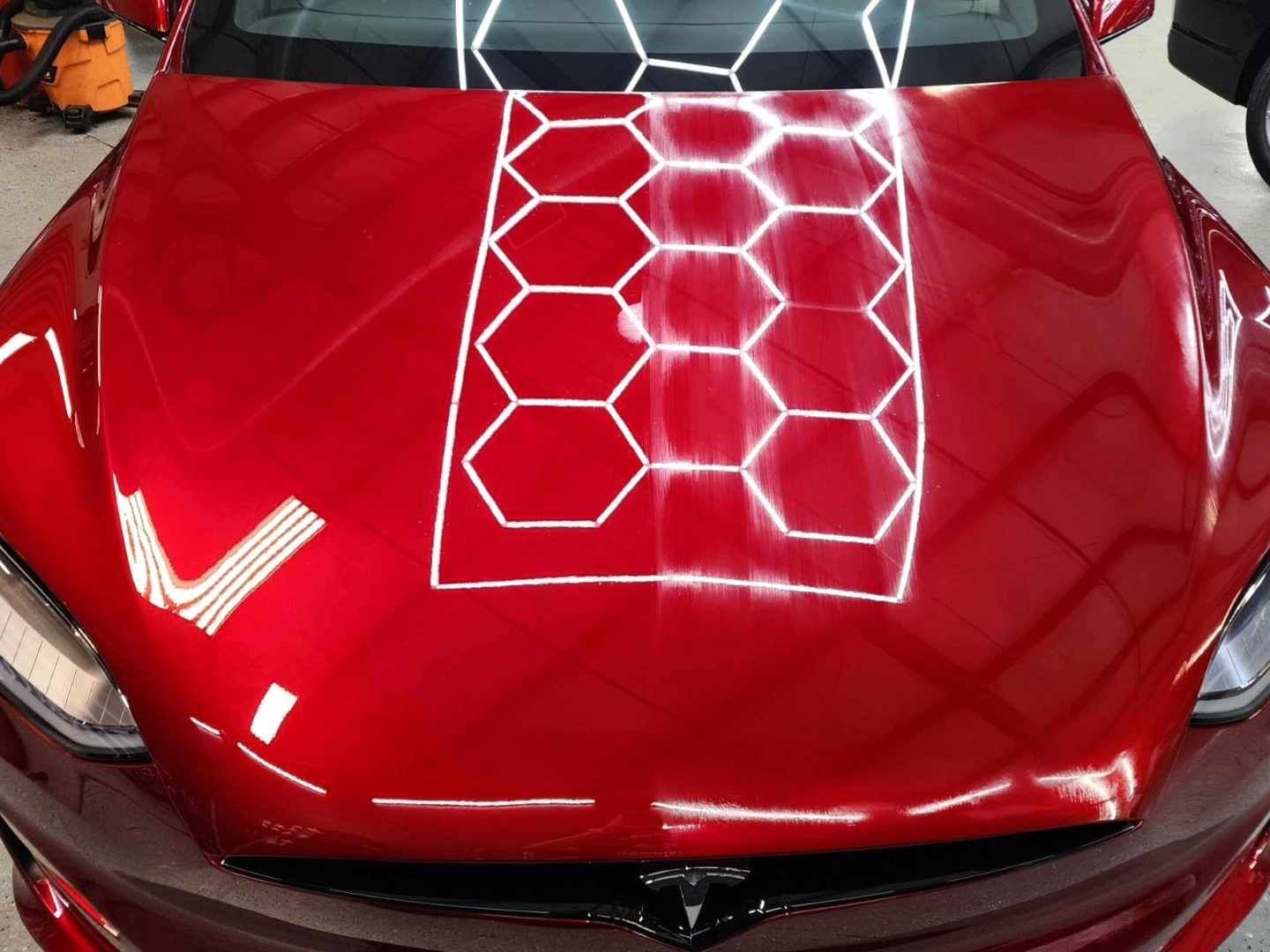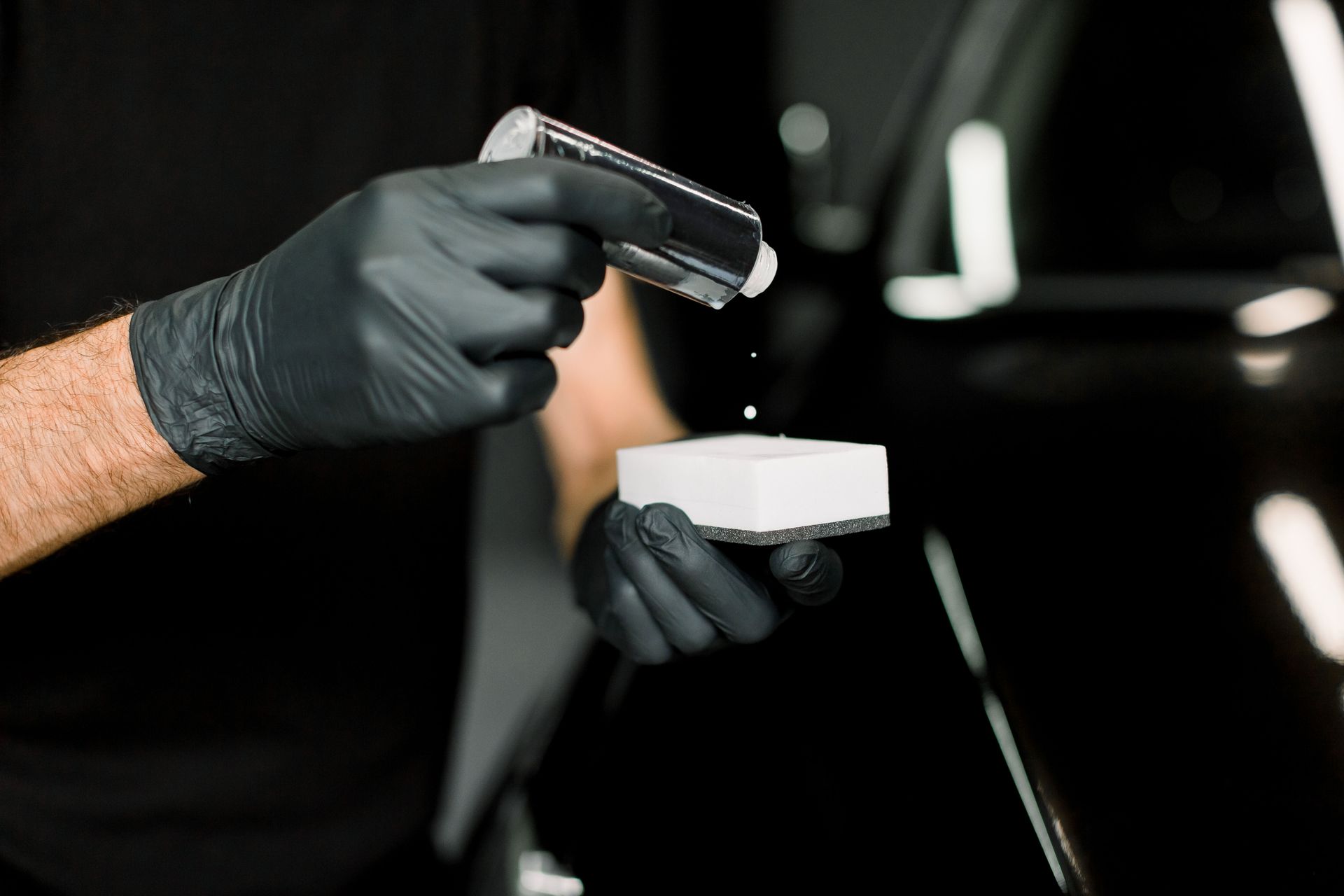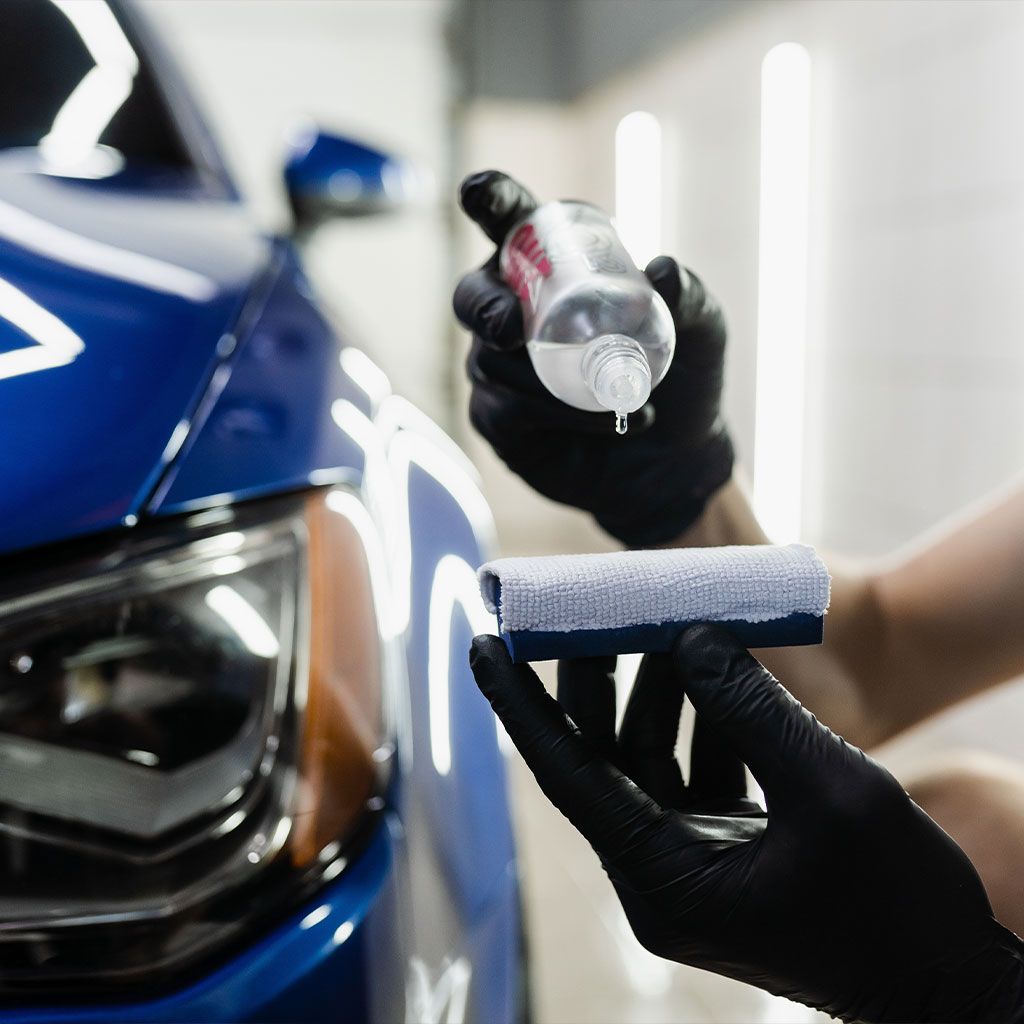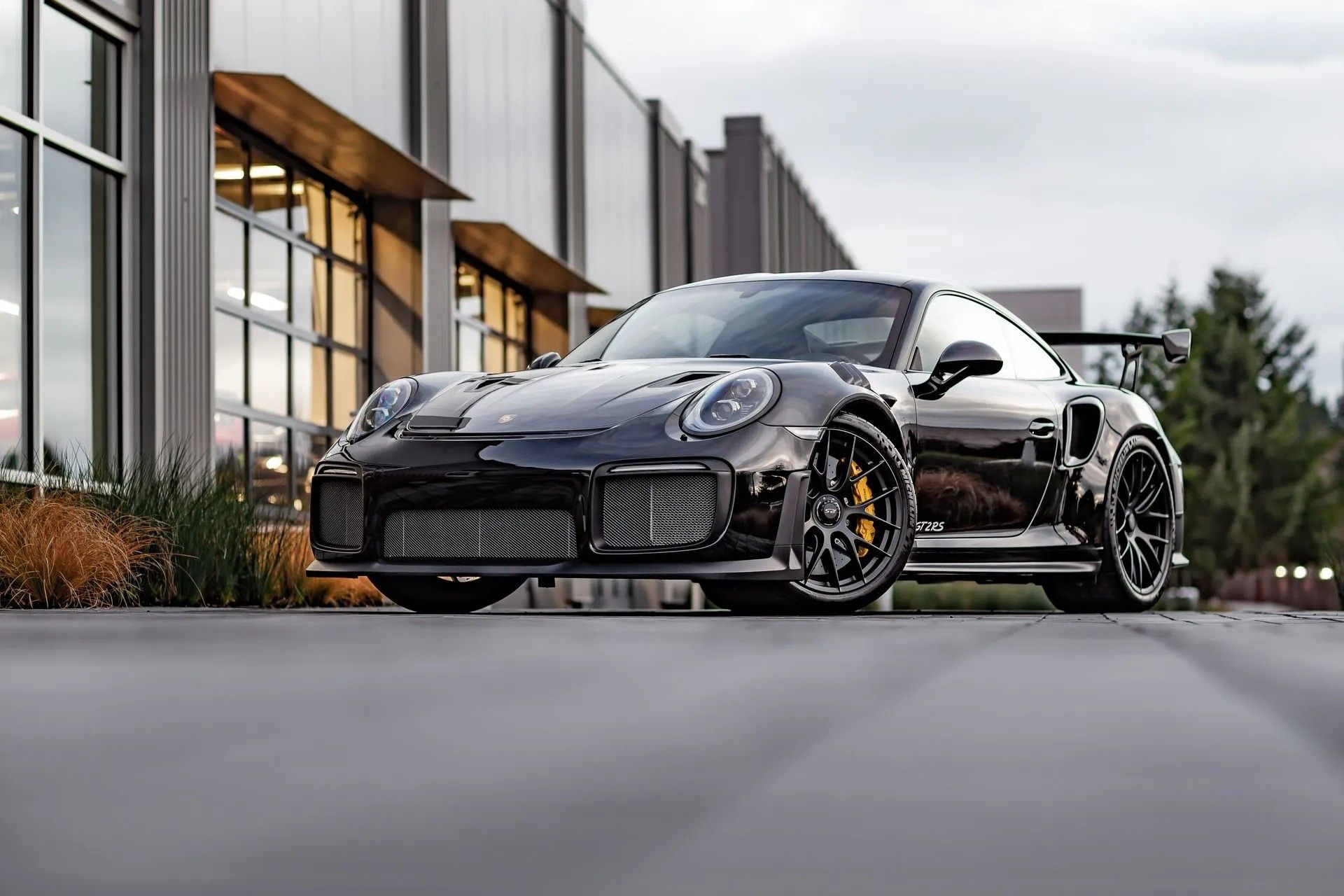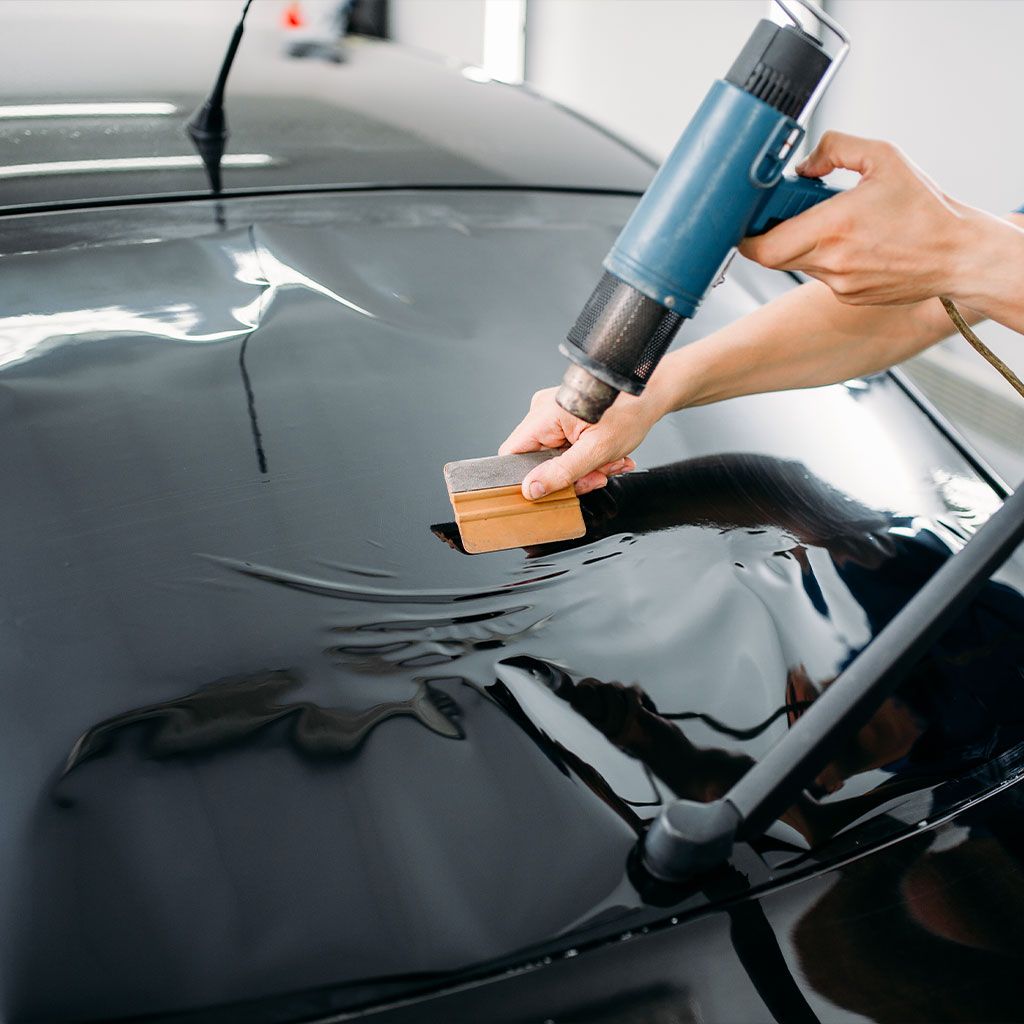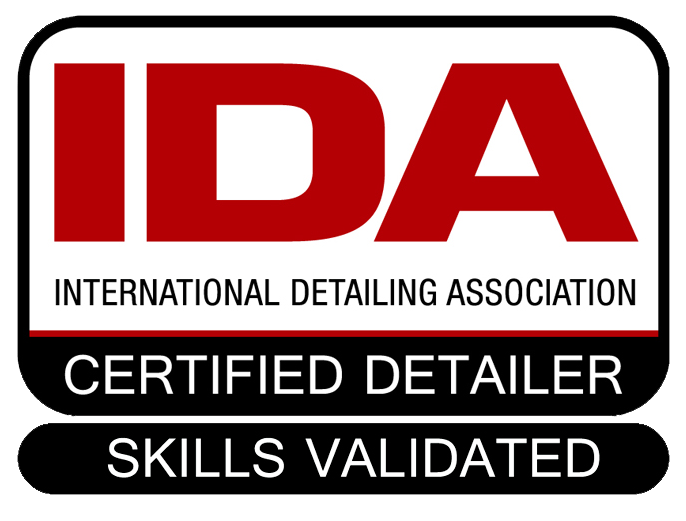Ceramic Coating: The Ultimate Protectant Against UV Damage and Fading
Imagine spending your weekends meticulously washing and waxing your car, only to notice its once-vibrant color slowly fading under relentless sunlight. It's a common frustration among car lovers who go to great lengths to maintain their vehicle's showroom shine. This is where ceramic coating comes in—an unparalleled solution designed to protect your car against UV damage and keep it looking brand new. Ceramic coating acts like sunscreen for your vehicle's paint, forming a protective shield that significantly reduces fading caused by UV rays. Made from advanced nanotechnology, this liquid polymer bonds chemically with the paint, providing an armor-like finish that far outlasts traditional waxes and sealants.
Ceramic coatings create a durable, hydrophobic layer that shields the vehicle's paint from harmful UV rays, significantly reducing the risk of oxidation and fading over time. This advanced protection not only preserves the exterior aesthetics but also extends the lifespan of the vehicle’s paint, making it an ideal choice for long-term maintenance.
What is Ceramic Coating?
Ceramic coating is not just a fancy term thrown around in auto detailing circles; it's a revolutionary product that combines science with physical protection for your vehicle's exterior. Essentially, it's a liquid polymer that bonds at the molecular level with your car's factory paint, creating a robust protective layer. This unique bonding sets ceramic coatings apart from traditional waxes or sealants, which sit on the surface and wear away much more quickly. Instead, ceramic coating provides a long-lasting shield, safeguarding your paint against various environmental threats like UV rays, dirt, and grime. The beauty of ceramic coat applications lies in their application of nanotechnology. Such technology not only enhances the look of your car but effectively acts as a barrier against contaminants.
Core Components
When we dive deeper into the ingredients of ceramic coating, we find components such as silicon dioxide (SiO2) or titanium dioxide (TiO2). These two ingredients lend their protective properties through their structure—SiO2 creates a glass-like finish while providing excellent UV resistance. However, not all ceramic coatings are created equal; the concentration of these elements varies among products. As a rule of thumb, the higher the concentration, the more effective the coating will be against potential harm from environmental exposure.
Applying Ceramic Coating
Applying ceramic coatings involves a careful, methodical process that is recommended to be undertaken professionally. Let’s dive right into the essential steps for a successful ceramic coating application.
Step-by-Step Guide
- Clean and Decontaminate: It's imperative to begin with a clean slate. Thoroughly washing your car with pH-neutral soap helps remove dirt, grime, and other contaminants. This initial step ensures that nothing interferes with the coating during application. Pay special attention to areas where grime tends to settle, such as around trim and moldings.
- Paint Correction: After cleaning, polish out any scratches or swirl marks on the paint surface. This step is crucial because ceramic coatings are transparent; if there are flaws in the paint underneath, the coating will amplify them rather than conceal them. A dual-action polisher can significantly help during this phase, allowing you to achieve a smooth finish. If necessary, consider using a clay bar beforehand to eliminate embedded contaminants that washing alone couldn’t remove.
- Application: The next phase involves applying the ceramic coating itself. Using an applicator pad, work in small, manageable sections of the vehicle. The application should be done methodically—usually from top to bottom—ensuring full coverage. This may seem tedious, but patience here pays off in durability and performance. It's essential to wipe away any excess product before it has time to cure; otherwise, it might leave behind streaks or uneven spots, which will ultimately detract from the overall result.
- Curing: Finally, after you’ve worked your way around the car applying the ceramic coating, it's time for the critical curing phase. Allow each application of the ceramic coating to cure for about 24 to 48 hours. During this period, protect the treated surfaces from moisture and contaminants. Some manufacturers recommend keeping the vehicle indoors if possible; if it must stay outside, use a breathable cover specifically designed for coated vehicles. This waiting period is vital as it enables maximum bonding between the coating and the surface beneath.
UV Protection Benefits
One of the standout features of ceramic coatings is their exceptional ability to protect vehicle paint from harmful UV rays. Over time, UV radiation can lead to significant deterioration of a car's exterior, resulting in faded paint and an overall neglected appearance that detracts from its value. The chemical structure of ceramic coatings contains unique compounds that create a barrier, effectively blocking or reflecting these damaging rays before they have a chance to infiltrate the surface.
How It Works
The magic of ceramic coatings lies in their advanced formulation. Unlike traditional waxes that provide a temporary shield, these coatings work on a molecular level. When applied to the paint, they form a strong bond, creating a surface that not only repels water but also reflects UV radiation. This dual action helps prevent oxidation and fading, ensuring your car retains its vibrant color and shine for years longer than without such protection. Many car enthusiasts often rave about how their vehicles appear brand new long after application—a testament to the durability of ceramic coatings.
Industry Insights
According to industry specialists, untreated cars can begin showing signs of paint degradation within just 18 months of regular sun exposure. This rapid decline highlights the need for effective protective measures. In contrast, vehicles treated with ceramic coatings boast impressive longevity, maintaining their luster and vivid colors for several years without noticeable decline. Manufacturers estimate that when properly maintained, these coatings can last anywhere from two to five years or even longer depending on environmental factors.
What makes this extra compelling are the statistics: vehicles with ceramic coatings exhibit a drastic reduction in color fading compared to those left unprotected over similar time periods. This data reinforces not only the effectiveness but also the economic advantages of investing in ceramic coatings as a long-term protective solution.
Preventing Fading
Fading is essentially a chemical reaction where ultraviolet (UV) rays penetrate the paint, breaking down its molecular structure and causing the vibrant hues that captivate us to dull over time. Think of it as your car wearing down under an unrelenting sun, much like how skin can suffer from prolonged exposure if not protected. Unlike skin, however, we can't just slather on sunscreen every day; instead, we need a more permanent solution to protect our paint job, and that’s where ceramic coatings come in.
Ceramic coatings create a robust shield against these harmful UV rays by forming a protective layer on top of the vehicle's paint. This barrier prevents UV radiation from reaching the paint surface, thereby reducing the chances of oxidation and subsequent fading. It’s not merely a cosmetic enhancement but rather an essential safeguard that prolongs both the life and luster of your car’s exterior. Think of ceramic coatings as an invisible shield—strong yet smooth, effectively fending off the relentless assault from nature's elements.
Long-Lasting Results
Unlike traditional car waxes that may need reapplication every few weeks, ceramic coatings create a powerful bond with the vehicle's surface, resulting in protection that can endure for years. Professional-grade ceramic coatings can last between five and seven years when applied correctly and maintained regularly. Even consumer-grade products, while offering a more budget-friendly option, can still provide impressive longevity, typically lasting several years depending on environmental factors and care.
Low Maintenance
One of the most attractive aspects of ceramic coatings is their low maintenance requirement. Once applied, the upkeep transforms from intensive labor to routine washing with pH-neutral soap. This means that you can enjoy extended periods without worrying about frequent reapplications or intensive cleaning methods. Regularly washing your car not only ensures that dirt and grime do not build up but also serves as a method to maintain the protective qualities of the coating itself. Ceramic coatings effectively reduce the amount of dirt that adheres to your car’s body, allowing for quicker and easier cleaning. Moreover, by minimizing the frequency of necessary treatments and significantly simplifying the care routine, ceramic coatings become an appealing choice for busy individuals.
Additional Advantages
Ceramic coatings offer significant benefits for vehicle owners, from enhancing visual appeal to providing long-term protection against environmental elements. Below is a breakdown of the key advantages of ceramic coatings, making it clear why they are a valuable investment for anyone looking to preserve their car’s beauty and condition.
- Hydrophobic Properties: Ceramic coatings create a hydrophobic surface that repels water, causing it to bead up and roll off rather than cling to the car. This feature allows rain and water splashes to carry away dirt and grime effortlessly, making maintenance easier. With less dirt buildup, car owners find themselves needing fewer trips to the car wash, saving both time and money in the long run.
- Reduced Car Wash Frequency: Because ceramic coatings help keep your car cleaner for longer, they reduce the need for frequent washes. This practical advantage appeals to vehicle owners who want to spend less time on maintenance while enjoying a cleaner car. Fewer car washes mean less expense and effort, offering lasting value over time.
- Enhanced Gloss and Visual Appeal: One of the standout features of ceramic coatings is their ability to amplify a vehicle’s gloss and depth of color. The coating adds a rich, polished look to the paint, making colors appear more vibrant and dynamic. Driving a car that shines like a polished gemstone not only boosts personal enjoyment but can also attract prospective buyers if you ever decide to sell.
- Protection Against Environmental Damage: Ceramic coatings act as a shield against damaging environmental elements like bird droppings, acid rain, road salt, and tree sap. These coatings resist corrosion and oxidation, ensuring your vehicle’s finish remains intact and vibrant over time. This protection is crucial for maintaining the car’s structural integrity against harsh weather and pollutants.
- Resistance to Oxidation and Corrosion: By creating a barrier against oxidation and corrosion, ceramic coatings help to preserve your vehicle’s finish even in challenging conditions. This resistance is vital for those living in areas with high pollution, salty air, or other corrosive factors. Such protection ensures that your vehicle maintains its appearance and condition, potentially extending its lifespan.
In summary, ceramic coatings offer both immediate and long-term benefits. By investing in ceramic coatings, car owners enjoy a combination of beauty and durability, making it a smart choice for those who value their vehicle's appearance and longevity.
Expert Ceramic Coating Installers in Elgin, IL
For unmatched vehicle protection, turn to CM3 Detailing Studio & Ceramic Coating, the
expert ceramic coating installers in Elgin, IL. Our expertly applied ceramic coatings form a tough barrier that shields your car from UV damage, oxidation, and contaminants while delivering a sleek, glossy finish. With a focus on quality products and meticulous installation, your vehicle will enjoy long-term defense and enhanced aesthetics. Schedule your ceramic coating service today and experience the best in paint protection. Call us at (630) 400-6766 to get started!
CM3 Blog
